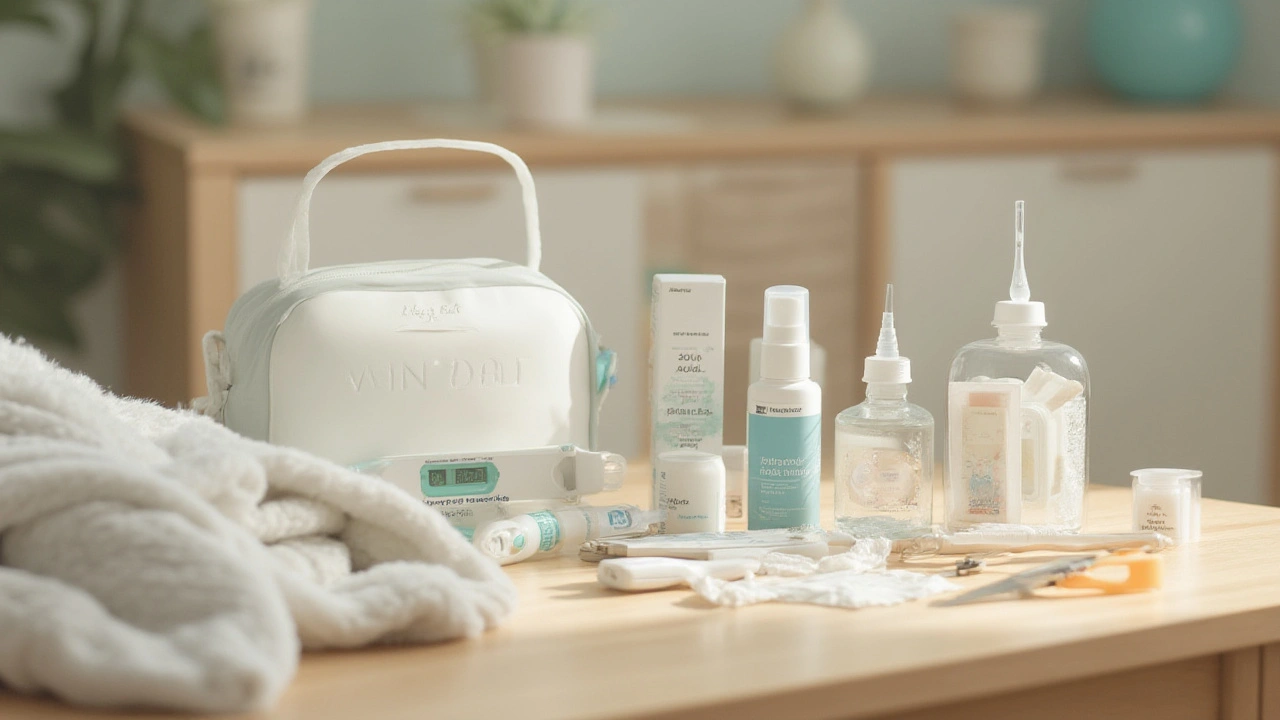Babies don't come with a user manual and keeping them healthy often feels like guesswork. Most parents wonder about everything from safe medicine use to their toddler's first haircut. One big thing? Don't ignore expired medicines lurking in your cabinet—they can be dangerous for infants if taken by mistake and can even harm the environment if you toss them out with regular trash. Your best move is to drop them at a pharmacy take-back site or a community collection event. If that's not possible, mix them with something unappealing (like coffee grounds), seal in a bag, and throw in the trash, out of reach for curious toddlers.
Nothing disrupts a day faster than a sick baby, especially if you're traveling. Always keep a simple first aid kit on hand with age-appropriate medications like infant acetaminophen, a small thermometer, and teething relief. Skip overpacking but never fly blind—if you’re unsure which meds are baby-safe or travel-approved, run your list by your pediatrician.
Worried about grooming? That first toddler haircut creates plenty of questions and nerves (for you, not the kid). The general sweet spot: after their first birthday or when their hair starts getting in their eyes. It doesn’t matter if it’s just a few wisps or they’re rocking baby curls—what matters is comfort and readiness, yours and your child’s. Go for a distraction (maybe a favorite video or snack) and keep the vibe calm. If you’re cutting at home, use scissors with rounded tips. Prefer the pros? Make it a quick trip with little wait time, and avoid nap windows—grumpy toddlers make for tough haircuts.
Lifestyle choices also matter way more than you might think. Good sleep (for you and the baby), outdoor walks, and a simple, clean diet set the groundwork for health. Some parents lean heavily on quick fixes from the pharmacy, but small daily habits—like cleaning bottles thoroughly and sticking to hand washing—ward off more bugs than you’d guess.
Still, real life means you’ll occasionally need meds, and you’ll want to know what’s necessary and what’s overkill. Not every sniffle needs something from the pharmacy—many childhood ailments clear with rest and fluids, but know the warning signs that mean it’s time for a doctor visit. And don’t fall for myths about medicine expiration dates—if it’s for a baby, stick to what’s fresh and safe.
When it comes to infant health, there’s no single right way—just lots of tiny, practical steps that add up. If you’ve got a tip or a worry, talk with other parents, or reach out to a pediatrician you trust. Staying curious and informed is honestly half the battle.

Discover what every newborn first aid kit should include, why each item matters, and expert-backed tips to keep your baby safe and healthy from day one.